I've got the following, slow performing, SQL query:
SELECT *
FROM news_events
WHERE 1 AND (user_id = 2416) OR id IN(SELECT content_id FROM likes WHERE user_id = 2416)
ORDER BY id DESC
LIMIT 0,10
The news_events table has indexes on user_id. And the likes table has an index on user_id.
To try to improve performance I have re-written the query using an INNER JOIN the following way:
SELECT a.*
FROM news_events a
INNER JOIN likes b ON (a.id = b.content_id)
WHERE (a.user_id = 2416) OR (b.user_id = 2416)
ORDER BY a.id DESC
LIMIT 0,10
But performance doesn't improve either. I've run explain on this last query and this is the result:

I appreciate any pointer on what I could do to improve the performance of this query.